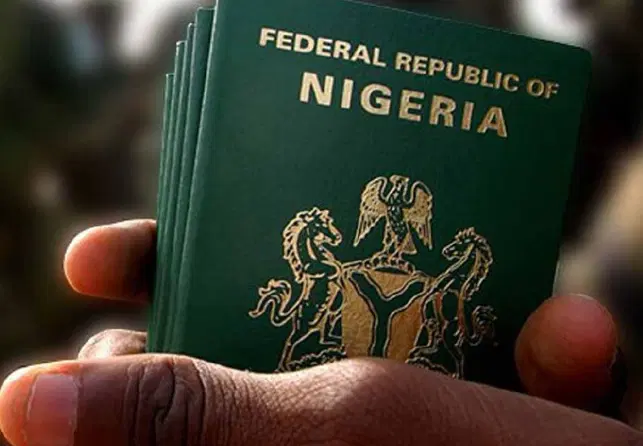The Henley Passport Index, recognized as the premier global ranking of passports, evaluates the travel freedom offered by 199 nations. Based on data from the International Air Transport Association (IATA) and further refined by Henley & Partners’ research team, the index highlights the number of destinations passport holders can access without needing a prior visa.
A complementary metric, the Henley Passport Power (HPP) score, assesses countries based on the percentage of global GDP their passport holders can access visa-free. This measure factors in the visa-free or visa-on-arrival scores of each passport from a potential 227 destinations worldwide, offering a nuanced view of global passport power.
Leaders in Passport Power
The latest rankings reveal Singapore as the holder of the world’s most powerful passport, with visa-free access to 195 destinations. Japan follows closely, granting its citizens the ability to travel freely to 193 locations. Several European nations, including France, Germany, Finland, Spain, and Italy, alongside South Korea, jointly occupy the third position with 192 destinations. At the other end of the spectrum, Afghanistan ranks lowest, with its citizens having access to only a handful of destinations without prior visas.
Widening Global Inequality
The Henley Passport Index report also brings attention to the growing divide in global mobility. Nations such as the United Arab Emirates have climbed the rankings through strategic diplomatic efforts, while countries like Nigeria face significant restrictions, limiting their citizens’ opportunities for international travel.
The report emphasizes the need for nations with weaker passports to address these disparities. “The gap between powerful and weak passports is widening, and countries like Nigeria must take proactive steps to enhance mobility for their citizens,” the report noted.
Dr. Christian H. Kaelin, Chairman of Henley & Partners and creator of the passport index concept, underscored the urgent need for a reevaluation of citizenship and mobility rights. “The very notion of citizenship and its birthright lottery needs a fundamental rethink. With the escalating impact of climate change, including rising temperatures and frequent natural disasters displacing communities, and the ongoing political instability in various regions, countless individuals are being forced to flee their homes,” Kaelin stated.
A Call for Action
Dr. Kaelin advocated for innovative solutions, such as the introduction of “free global cities.” These hubs could serve as safe havens for displaced individuals and migrants, enabling them to contribute meaningfully to their new environments. “Transforming displaced people from victims of circumstance into architects of their futures is a pressing global necessity,” he added.
As disparities in global mobility continue to widen, the Henley Passport Index serves as a critical reminder of the importance of equitable access to travel opportunities, the benefits of robust diplomatic engagements, and the need for international collaboration to address these pressing issues.
Published by Hobnob News.

